If you don’t suffer from kiwi allergies, you shouldn’t have any concerns about eating kiwis of golden variety in your pregnancy time. Kiwis are delicious when consumed on their own, as part of a fruit salad made at home, blended into a smoothie, or sprinkled on top of a yogurt parfait with granola.
Before and during pregnancy, expectant mothers have a responsibility to educate themselves about the need of maintaining a healthy diet, as well as the potential dangers that are posed by consuming certain types of food.
A healthy, well-balanced diet that is supplemented with adequate amounts of folic acid and prenatal vitamins can help to reduce the risk of numerous complications that might arise during pregnancy, including certain types of birth abnormalities.
It is essential, at the same time, to stay away from potential dangers. During pregnancy, women should steer clear of drinking dirty water, eating food that is laden with chemicals such as pesticide residues, and consuming seafood and meat that is either uncooked or only partially cooked.

However, in order to ensure that both you and your unborn child are healthy and ready for labor, it is essential to consume a well-balanced diet that consists of carbohydrates, fats, protein, vitamins, minerals, and water.
The unborn child will get all of the nutrients that it needs from the expecting mother while she is pregnant. Having a healthy diet, on the other hand, isn’t just about eating the right things; it also involves the foods that you should steer clear of, seeing as how food safety is a primary concern when a woman is pregnant.
You will probably find that food cravings will gradually fade away; however, if they do not, you will be fine as long as you are eating a balanced diet and fitting your cravings around nutritious meals rather than replacing breakfast, lunch, and dinner with a pickled egg. Sometimes cravings are a hint that you need to include more of something in your diet because your body needs more vitamins and minerals than normal.
Folic acid is a type of B vitamin, and during the first trimester of your pregnancy (up to 12 weeks), it is very important to take a folic acid supplement in addition to eating the foods listed above.

Doing so can help protect the unborn baby from developing defects in the nervous system (neural tube defects), such as spina bifida. Folic acid can be found in foods like spinach, asparagus, and beans.
Spina bifida is a birth defect that occurs when the protective covering that should develop around the baby’s spinal cord fails to do so properly.
Because this condition can cause damage that is irreversible, it is essential to take a high-quality vitamin supplement during the first trimester of pregnancy as well as if you are trying to get pregnant.
Continue to consume a healthy, well-balanced diet throughout the second trimester, and add an additional 300 calories to your daily caloric intake. These additional calories should come from sources of protein such as meats and grains.
Because the baby is growing, there is a greater chance that you will experience issues with your digestive system and become more intolerant to certain foods.
This is because the baby is pushing down on your stomach, which can cause indigestion and acid reflux. If digestion is a problem for you, try cutting your meals down in size, drinking lots of water in the intervals between meals, and getting some exercise after eating.
If you find that you have an intolerance to certain foods, such as dairy products, you may find that eating salmon and sardines helps satisfy your need for calcium because these fish are high in this mineral.
As your baby begins to triple in size, you will start to feel fuller much more quickly toward the end of your pregnancy. This is because your stomach will start to expand much more quickly.

You might find that the best way to ensure that you continue to get a balanced diet with all of the calories you need is to eat food continuously throughout the day in smaller amounts and to snack on healthy foods. This will help you avoid binging and will help you avoid overeating.
Because you are actually eating for two people now, paying close attention to your diet during pregnancy will help you feel better and may even help settle morning sickness, as you are really eating for two.
In a situation like this, the assistance of an experienced nutritionist is invaluable. A nutritionist can help you come up with a plan for a healthy diet as well as an exercise routine that will keep both you and your baby in good health and prevent any potential complications.
Additionally, kiwis have a trace amount of folate in their bodies (source: Nutrition Data). Folate consumption during pregnancy is thought to contribute to a decreased risk of the baby being born too soon.
Folate helps to maintain cell function and normal tissue growth, in addition to lowering the risk of fetal structural anomalies such as congenital heart defects. Folate can also reduce the risk of fetal malformations.
A single serving of kiwi, which is equal to 100 grams, contains 83.1 grams of water. During pregnancy, the amount of water you need to consume increases, and eating watery fruits like kiwis can help you meet this goal. The increase is being done to help support healthy blood circulation in your baby.

While it may be difficult for some women to drink additional water, eating foods that are high in water content is an excellent way to get additional liquids into your diet.
During pregnancy, high blood pressure can affect some women. High blood pressure that persists over time can cause a reduction in the amount of nutrients and oxygen that reach your unborn child, which is linked to a lower birth weight.
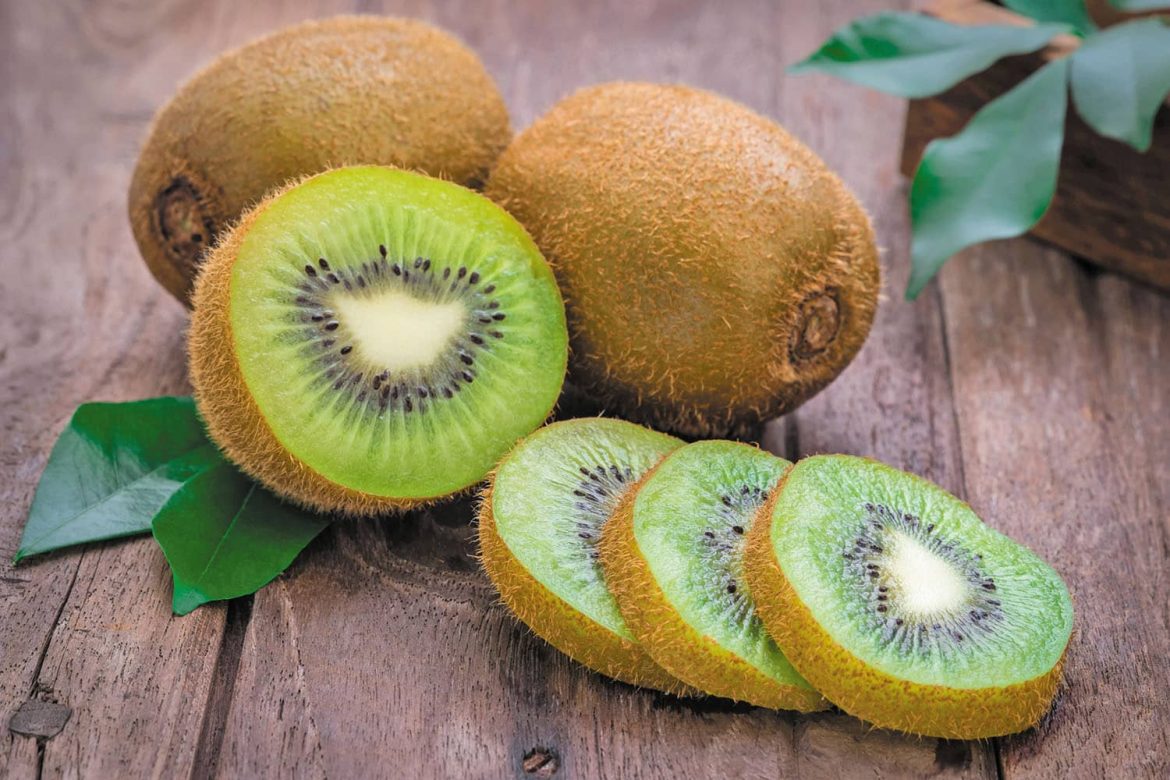
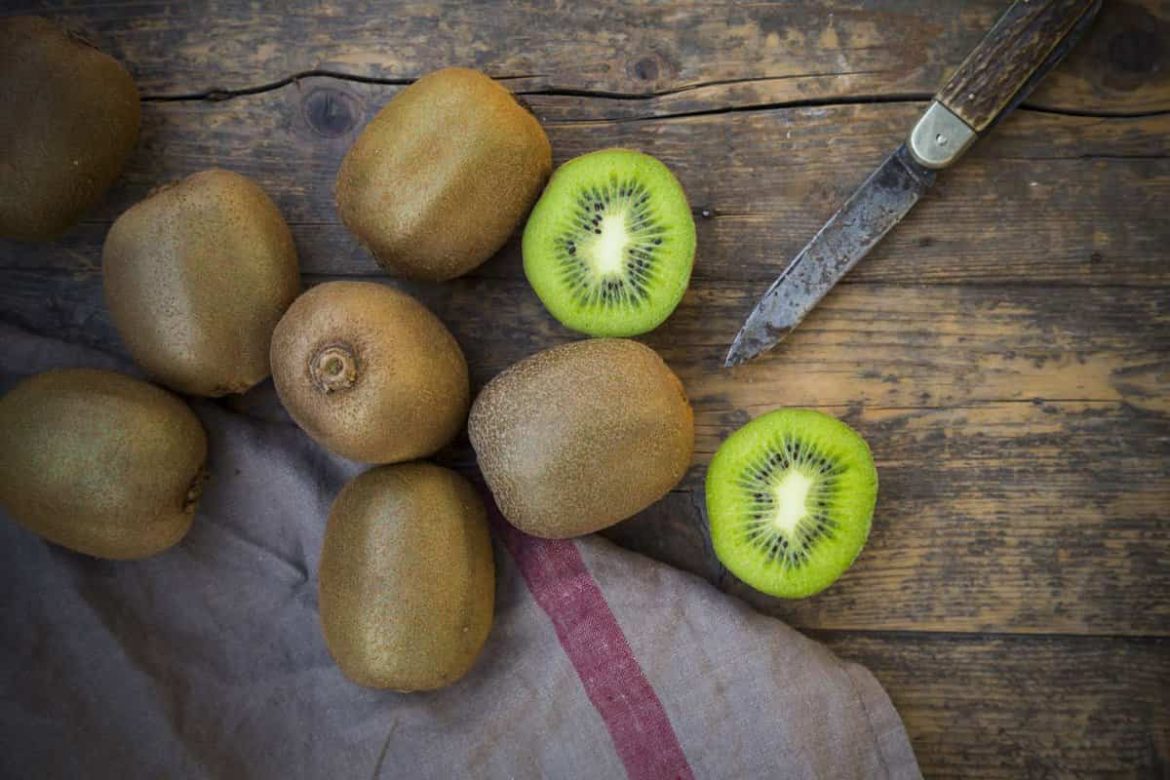
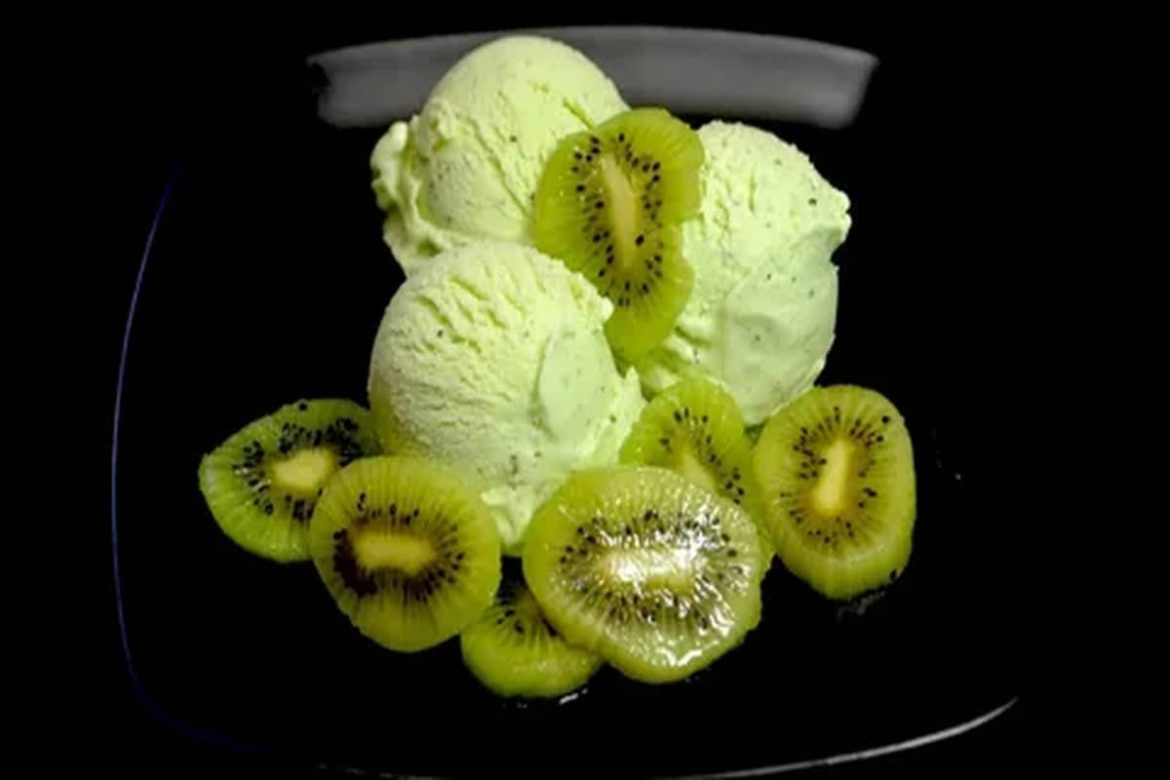
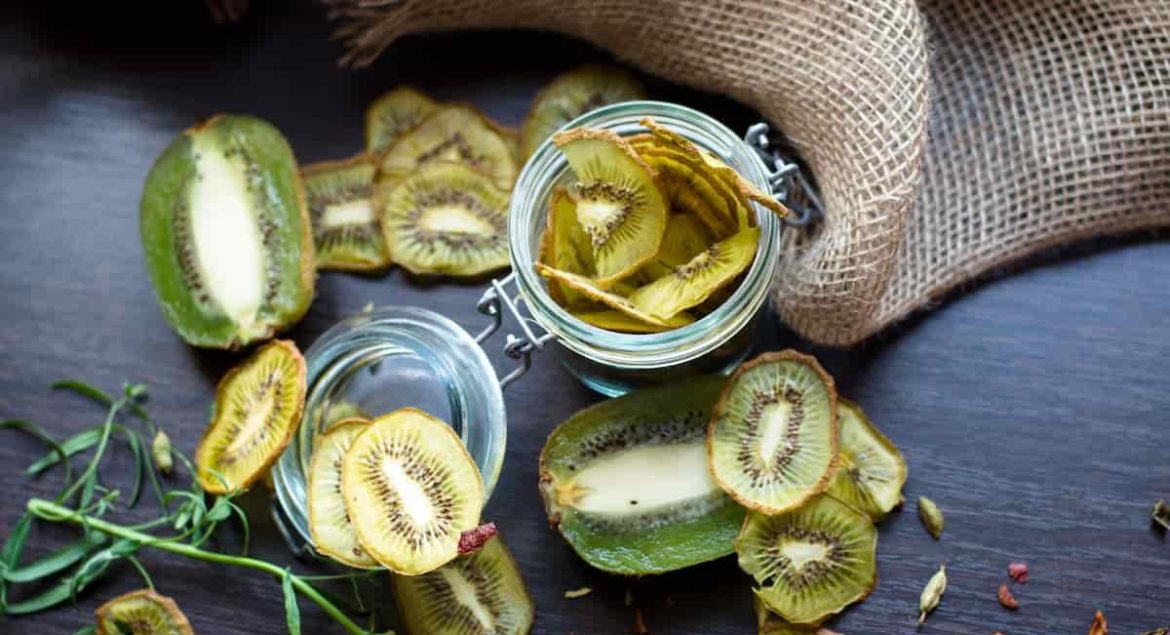
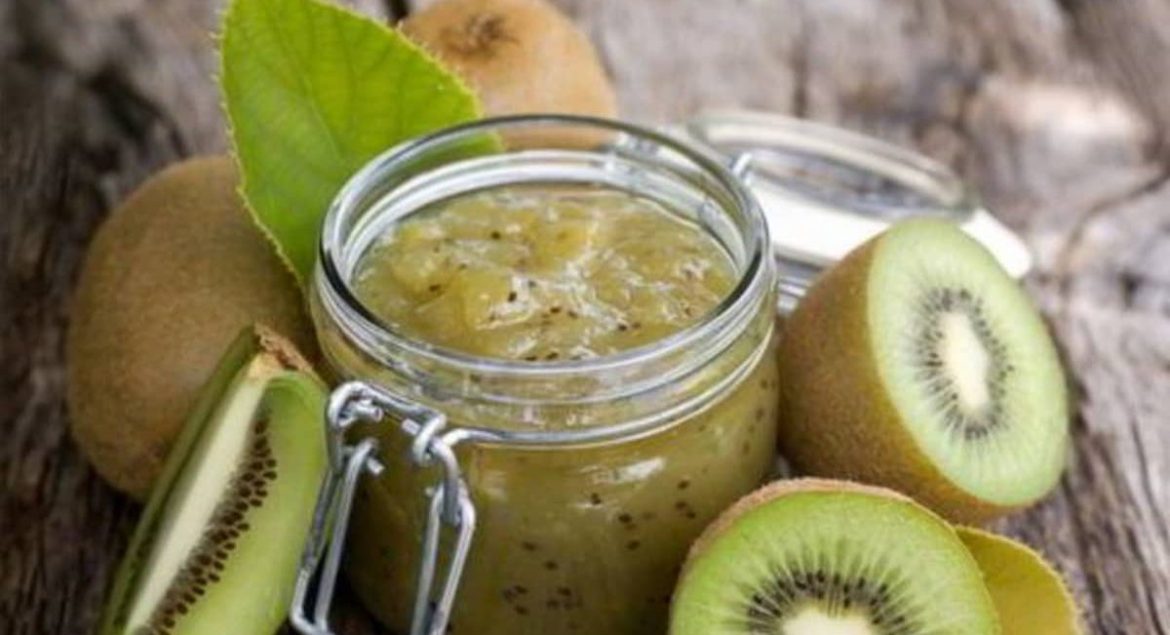
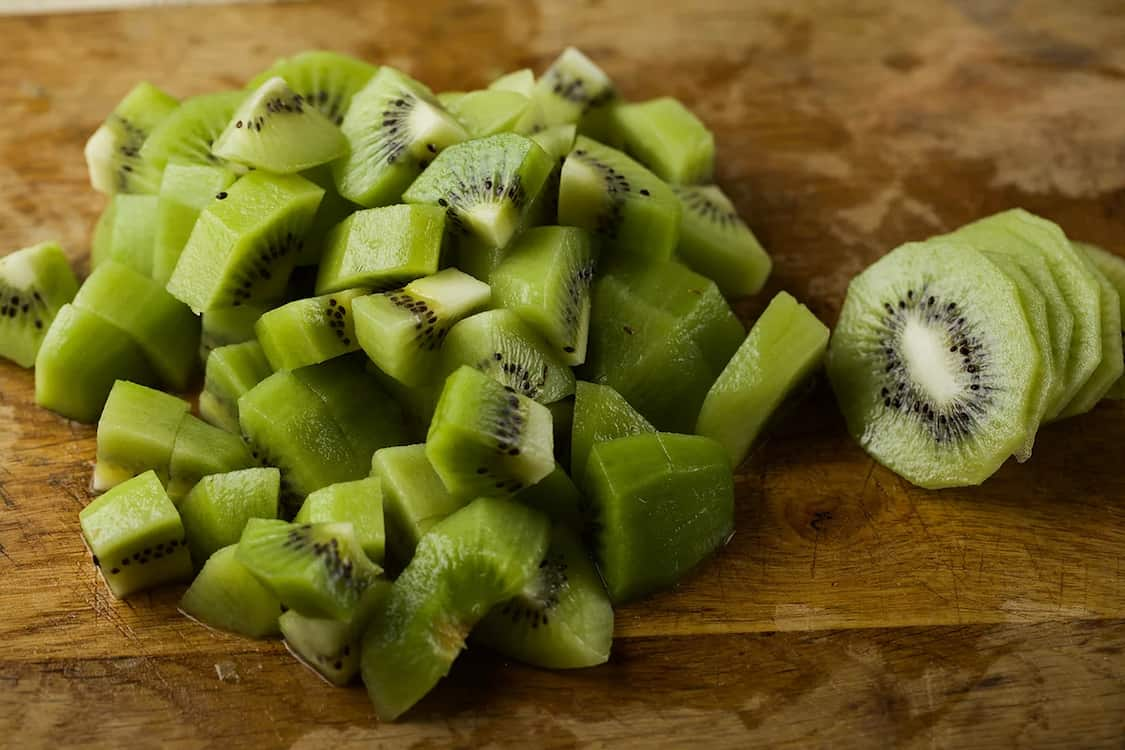
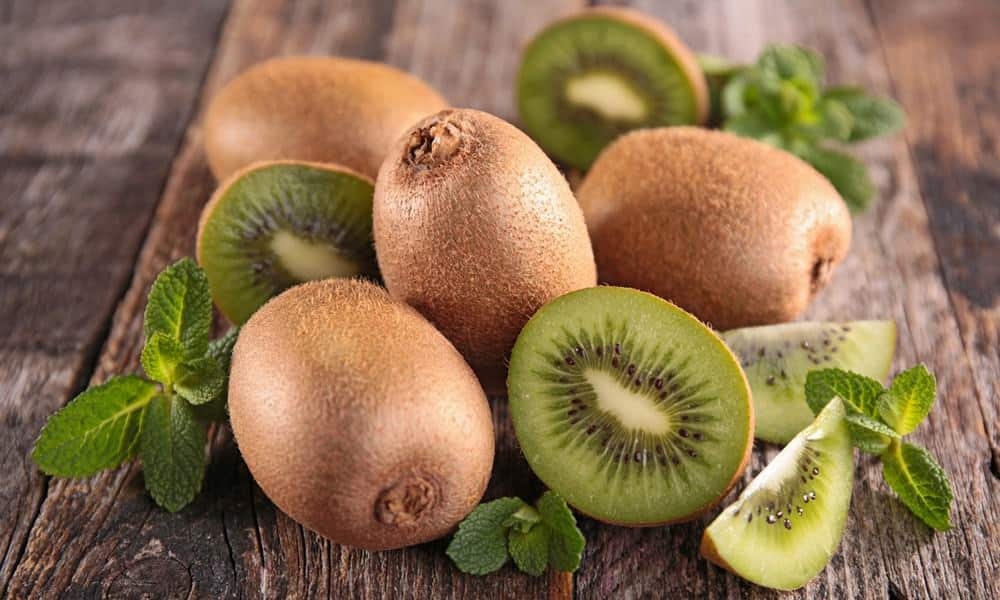
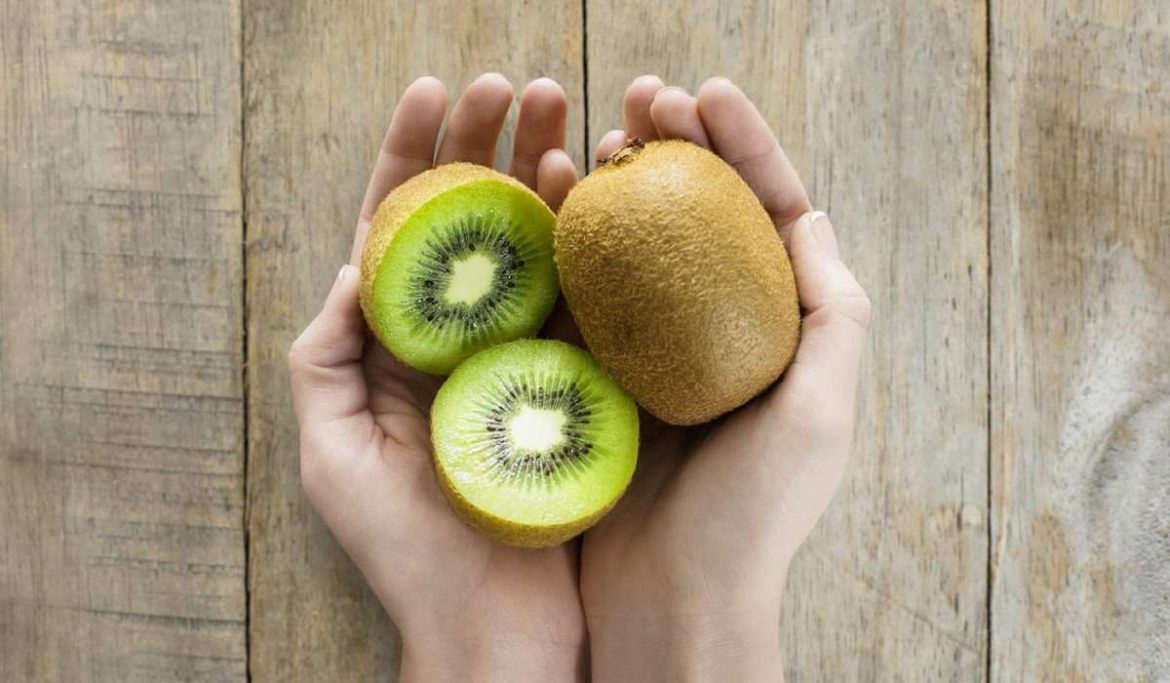
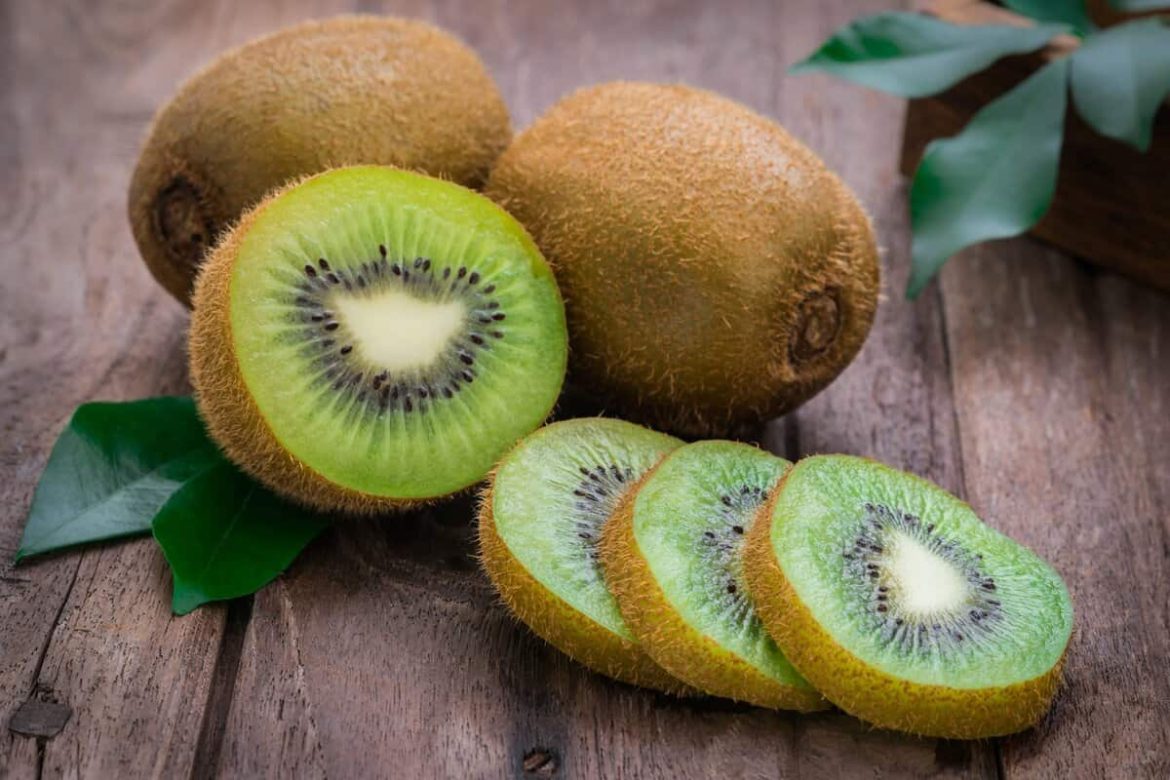
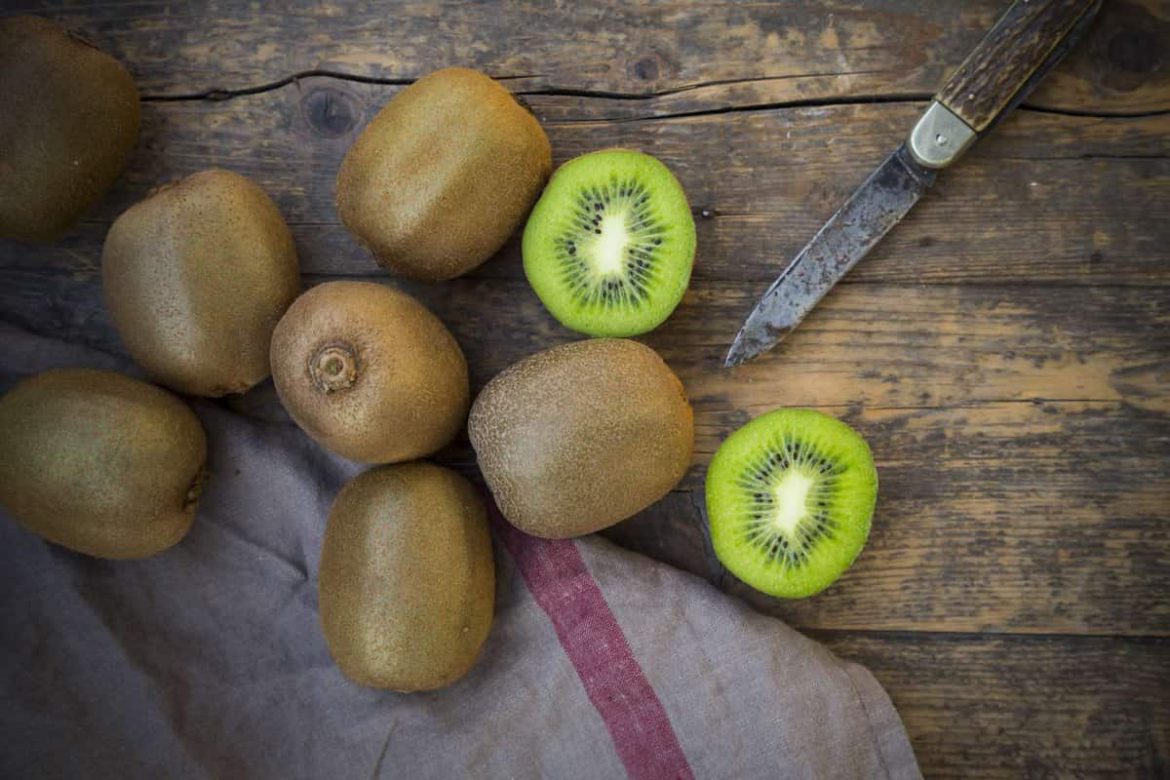
Your comment submitted.